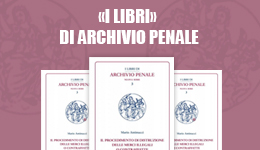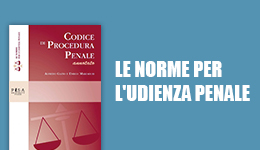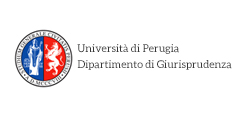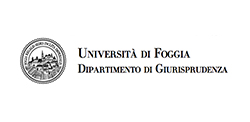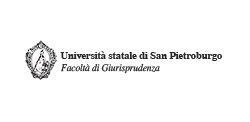Imputazione per truffa e bancarotta fraudolenta per distrazione sui beni che ne costituiscono il profitto: possibile violazione del ne bis in idem?
Archivio Penale
© dell'autore 2019
Ricevuto: 01 October 2019
| Accettato: 22 October 2019
| Pubblicato: 24 October 2019
L’intero articolo è disponibile
Riassunto
Il contributo analizza una recente decisione della Corte di cassazione con la quale si è statuito che la truffa e la bancarotta fraudolenta per distrazione sui beni che ne costituisco il profitto concorrono tra loro, non sussistendo tra l’art. 640 c.p. e l’art. 216, co. 1, n. 1, l. fall. un concorso apparente di norme per la radicale diversità strutturale fra le due fattispecie astratte, che si consumano indipendentemente l’una dall’altra e in momenti temporalmente distinti: le due condotte tipiche non costituiscono, infatti, due segmenti di uno stesso fatto, e pertanto i due reati sono imputabili ad un medesimo soggetto senza violare il principio del ne bis in idem.
Fraud charge and fraudulent bankruptcy for misappropriation of the goods that constitute the profit: possible violation of the ne bis ni idem principle?
This paper analyzes a recent judgment of the Italian Supreme Court establishing fraud and fraudulent bankruptcy for misappropriation of goods that constitute the profit concur with each other, there being no apparent correlation between art. 640 Italian Criminal law and art. 216, paragraph 1, no. 1, l. fall. (Italian bankruptcy law). In fact, there is no significant structural difference between the two abstract cases, which occurred independently and at different times: the two typical conducts do not constitute two parts of the same fact, and therefore the two crimes are attributable to the same individual without violating the principle of ne bis in idem.
Percorso di valutazione
Peer reviewed. Certificazione della qualità


